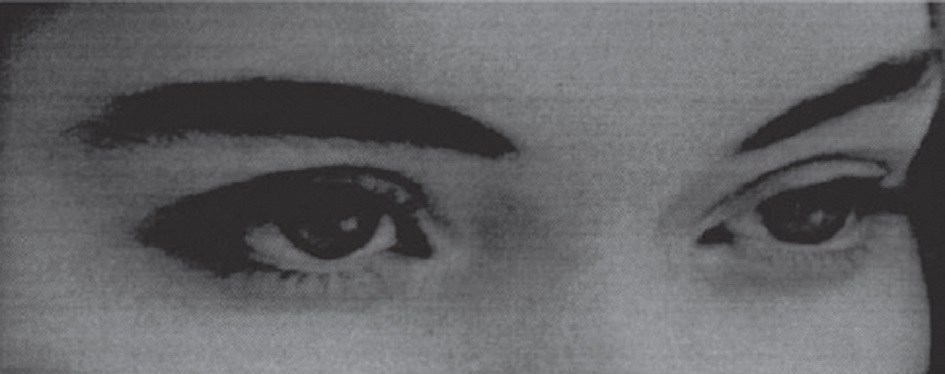
The decline of literary fiction and serious film has contributed, in part, to America’s current social and political division. These art forms once helped glue us together through empathy and mutual comprehension.
That’s not just a self-serving writer’s view. It is based on cognitive psychology.
About 15 years ago scientists in Toronto established that people who read literary fiction and watch thoughtful dramatic films score higher on tests of empathy and a quality called ‘theory of mind,’ which is our human capacity to think about what others are thinking and understand their motivations.
Of course, you say, reading about characters primes you to think about people. But I’m not talking about simple questions of, “What would this person do?”
The psychologists exposed test subjects to good books and films, and then showed them photographs of people’s eyes, using a test that helps diagnose autism.
Reading thoughtful books improved these test subjects’ recognition of emotions and thoughts in the eyes. The photo with this essay comes from the test (the correct answer for this image is ‘reflective,’ not aghast, irritated, or impatient).
I wrote obliquely about one fascinating implication of this in my last newsletter. Here, I’d like to point out the implication for society when the art that helps us understand each other disappears.
Publishers have dumbed down mainstream American literature. Genre fiction dominates. Literary fiction is a niche with few readers. Narrative non-fiction is ever less challenging. Popular books tend to be thinner and easier.
Escapism is fine, but books that hew to genre formulas don’t teach us how to think ourselves into other minds—the science shows this. The same with superhero movies. They don’t help you pass tests of empathy.
I started worrying about this 20 years ago, when I noticed popular culture degrading into melodrama of good versus bad in various forms. If a character is a pure villain, thoughts and motivations don’t matter. We don’t empathize with evil ones.
I don’t think it is a coincidence that today’s politics are painted in black and white, with the good guys on our side and the two-dimensional bad guys on the other.
Literary fiction and its niece, narrative non-fiction, once pulsed at the heart of the culture. Fifty years ago authors such as Updike, Roth, Mailer, and Vonnegut were best-sellers and cultural stars (yes, I know they’re all men, but that’s another story). The ideas they generated permeated narrative arts.
Among the top films of the 70s: The Godfather, Kramer vs. Kramer, and Annie Hall.
University humanities departments are dying. My alma mater graduated 31 English majors last year. When I graduated, there were a hundred of us, one of the largest departments.
We always debated as students whether literature mattered. We wanted to change the world and weighed whether fiction could have an impact.
We didn’t appreciate the true power of good literature, because it had been part of society for so long. It turns out that writing about real people helps keep the world healthy.
If you enjoy my newsletter, please share it.